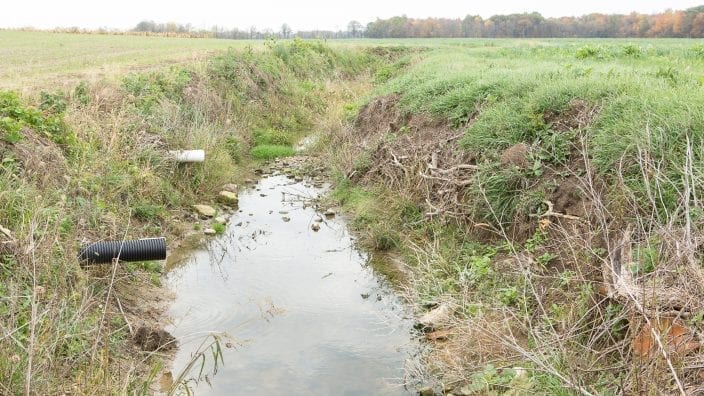Applications for Ohio Farm Bureau Health Plans now available
Members have three ways to apply: contacting a certified agent, calling 833-468-4280 or visiting ohiofarmbureauhealthplans.org.
Read MoreOhio State University Extension Agricultural and Resource Law Program has compiled a publication that explains the proposed Lake Erie Bill of Rights, which is shared on the program’s Ag Law Blog. This new “In the Weeds” in-depth resource answers questions about the ballot proposal and was written by Peggy Kirk Hall, Ellen Essman, and Evin Bachelor.
LEBOR is a proposed amendment to the Toledo City Charter. The “Toledoans for Safe Water” initiated the LEBOR petition to amend Toledo’s city charter. A “charter” is like a “constitution” in that it outlines a city’s powers and how the city will function. The Ohio Constitution allows city residents to propose charter amendments through a petition process that requires signatures by 10 percent or more of the electors in order to place a proposal on the ballot.
A look at the LEBOR petition. The LEBOR petition attempts to create a new way for Toledo citizens to protect the Lake Erie resource by granting new legal rights for Lake Erie, its ecosystem and allowing Toledo and its residents to enforce those legal rights against any government or corporation that violates them. This document goes into detail on the three primary parts of the petition.
Who has rights in Lake Erie? The State of Ohio owns the Ohio portion of Lake Erie in trust for the people of Ohio and a city cannot usurp the State’s sovereign rights in Lake Erie without the State’s express permission. The State of Ohio’s rights in Lake Erie stem from its inherent powers as a sovereign signatory to the United States Constitution. That is a high status for the State of Ohio, but cities lack sovereign status because cities are creatures of the state according to federal constitutional law. In exercising its power as a sovereign over portions of Lake Erie, Ohio designated the Ohio Department of Natural Resources as the state’s only designee “in any matter pertaining to the care, protection, and enforcement of the state’s rights” in Lake Erie. LEBOR attempts to claim rights from the State of Ohio and transfer them to Toledo and its residents, but there is no legal authority for doing so. Much like Ohio, the State of Michigan also holds its portion in trust for its people, and the Canadian Province of Ontario governs the portion of Lake Erie north of the international boundary.
LEBOR and the rights of corporations. LEBOR states that a government or corporation, defined as any business entity, may not violate the rights of Lake Erie and also declares that corporations “shall not possess any other legal rights that would interfere with LEBOR, including the right to assert state or federal preemptive laws.” While controversial, courts have adhered to a long line of decisions that grant “personhood” and certain constitutional rights to corporations. Specifically, courts have determined that the U.S. Constitution’s Equal Protection Clause, which requires that the law treat all individuals in the same manner as others, applies to corporations because corporations exist to protect the interests of their owners and therefore must be able to assert those interests in litigation. LEBOR’s focus on enforcement against corporations but not individuals and its removal of legal rights for corporations appears to directly conflict with such legal precedent.
What does it all mean? The LEBOR initiative is similar to many other community rights proposals that seek to establish rights of nature that community members can protect through legal action. Such efforts have a bad track record in courts nationwide. Courts have consistently determined that the provisions conflict with longstanding constitutional principles that address the relationship between federal, state and local governments; state and local governments cannot eliminate federal rights and local governments cannot deny rights granted by the state. Community rights initiatives also conflict with legal precedent established by the U.S. Supreme Court that guarantees corporate entities constitutional rights. Finally, the State of Ohio holds rights in Lake Erie that Toledo and its residents do not have legal authority to claim. Based upon these legal precedents, it is likely that an Ohio court would not enforce or uphold a LEBOR action.
Peggy Kirk Hall is an Associate Professor of Agricultural & Resource Law for OSU
Ellen Essman is a Sr. Research Associate for OSU’s Agricultural & Resource Law Program
Evin Bachelor is the Law Fellow for OSU’s Agricultural & Resource Law Program


Members have three ways to apply: contacting a certified agent, calling 833-468-4280 or visiting ohiofarmbureauhealthplans.org.
Read More

Legacy nutrient deductions enable new farmland owners to claim deductions on the nutrients within the soil on which healthy crops depend.
Read More

Farmers, agribusinesses and community members are encouraged to nominate their local fire departments for Nationwide’s Nominate Your Fire Department Contest through April 30.
Read More

Introduced by Sen. Paula Hicks-Hudson, SB 120 would establish the Urban Farmer Youth Initiative Pilot Program.
Read More

Gases, vapors, and fumes can all create risk. How can we measure and protect ourselves from them?
Read More

The Ohio Farm Bureau’s Young Agricultural Professionals State Committee has named its 2026 leadership and the individuals who will be serving on the state committee for 2026-2028.
Read More

The Ohio Farm Bureau Foundation has multiple scholarships available to Ohio students from rural, suburban and urban communities who are pursuing degrees with a connection to the agricultural industry.
Read More

With 100% bonus depreciation now permanent, farmers can deduct the full cost of a new agricultural building in the year it’s placed in service.
Read More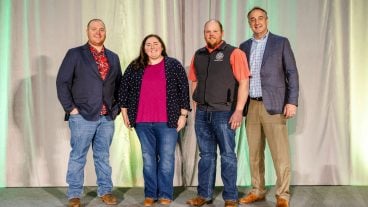
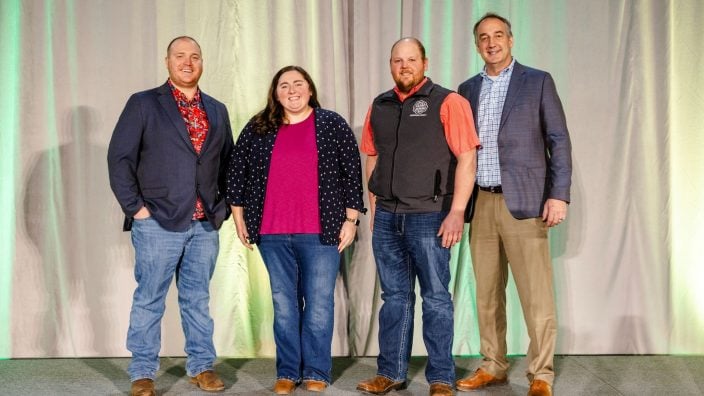
Lincoln Deitrick was named the Outstanding Young Farmer, Denver Davis won the Excellence in Agriculture Award, and Margaret Houts won the Discussion Meet.
Read More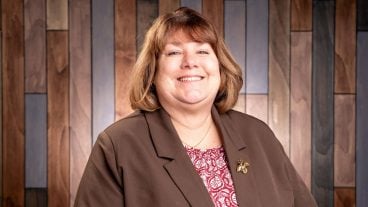
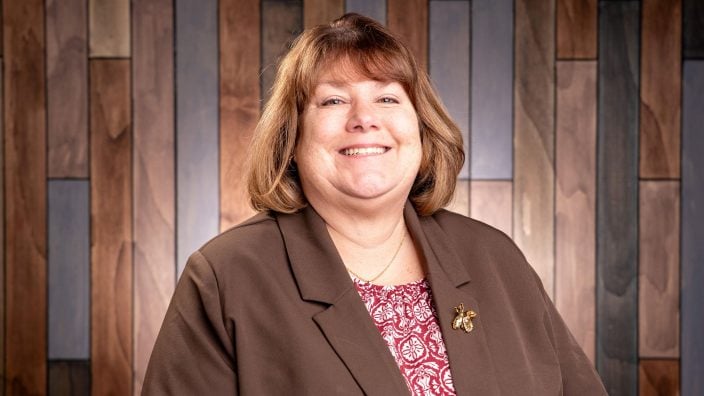
Michelle Downing of Franklin County has been named finance director of county operations for Ohio Farm Bureau.
Read More